6 Essential Female Vitamins for All Ages and Stages.
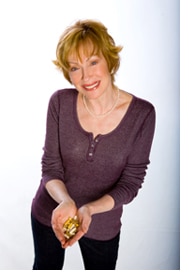 “A doctor would rather treat ten men than one woman,” goes an ancient Chinese adage. While women tend to live longer, that doesn’t make their journey any easier!
“A doctor would rather treat ten men than one woman,” goes an ancient Chinese adage. While women tend to live longer, that doesn’t make their journey any easier!
To keep their shape and long-term health, females have to squeeze a lot of nutrition into fewer calories. Because they have more body fat and slower metabolic rates than the opposite sex, it’s easier for women to pack on the pounds. This makes women more likely than men to be overweight—or even obese.
Because females tend to be smaller in size, they’re more vulnerable to everything from environmental toxins to infectious bacteria. Women even process medications differently than men.
The medical establishment has ignored women’s very real risks for heart attack and stroke. Even when experts realized that females do suffer cardiovascular disease as often as males, they failed to recognize significant gender differences in symptoms—and that more women die after experiencing a heart attack.
Then there are the fluctuating hormone levels that impact female moods as well as their health. From puberty on, women’s nutritional needs vary during their menstrual cycles and at different ages and stages in life’s journey.
Dr. Ann Louise’s Take:
As a women’s health advocate, I know how essential certain vitamins and minerals are in slowing down the aging process and supporting overall well being. In addition to a healthy diet, regular exercise, and an environmentally friendly lifestyle, here are my six favorite female supplements: vitamin B6, folic acid, iron, magnesium, vitamin D, and zinc.
1. Vitamin B6 (pyridoxine) supports over 100 different enzyme reactions in the body from strengthening collagen in skin and connective tissue to helping strengthen bones. This B vitamin also has a calming effect that promotes sleep, critical to health at any age, due to its role as a serotonin precursor.
Because B6 is easily destroyed in food preparation and cooking, it is one of the most widespread female vitamin deficiencies. Extra B6 is helpful during PMS and perimenopause. Aim for 50 to 100 mg per day, especially if you are under stress.
2. Folic acid (or folate) is another essential B vitamin for women. Best known for its role in preventing birth defects, folic acid is critical even before we start having babies, since neural tube defects occur in the first weeks of pregnancy. Women who are trying to get pregnant need at least 800 mcg of this vitamin. Some women find that higher doses act as a natural estrogen replacement. That’s why I’ve been recommending 5 mg of folic acid for years (Folic Acid 5 mg, 100 capsules, $13.50 – call UNI KEY to order 800-888-4353).
Like B6, folic acid helps protect against homocysteine, a protein linked to heart disease and memory loss. Anyone who’s sensitive to gluten may be low in this critical vitamin.
3. Iron is a double-edged mineral for women. Menstruating women lose iron-rich blood every month, plus pregnancy, nursing, and strenuous physical exercise dramatically increase the need for this mineral. But later in life, excess iron, which accumulates in the body after menopause, may increase women’s risk for cancer and heart disease.
If you’re over 50 or have experienced early or surgically induced menopause, see your doctor for a hematocrit, hemoglobin, and/or ferritin test to determine if you need iron. I think the ferritin test, which assesses stored iron, is most important here.
If your levels approach anywhere from 150 to 200 ng/mL on the ferritin test, do avoid extra iron in supplements, iron-enriched grains, and cut down on red meat. You might want to consider the iron-free Female Multiple, a favorite among post-menopausal women who want to eliminate excess iron from their supplements.
4. Magnesium is a key mineral for PMS and menopause. If you’re feeling irritable, nervous, depressed, tired, or have tremors, you may need this mineral. It’s also an overlooked player in bone health, intricately linked with calcium.
I recommend 2:1 magnesium to calcium ratio. Magnesium deficiency can cause irregular, rapid heartbeat, high blood pressure, even sudden death. This mineral helps muscles—including the heart—relax, even under stress. Plus magnesium lowers total and LDL (bad) cholesterol and triglycerides, while raising HDL (good) cholesterol. I think that 800 to 1200 mg daily of Magnesium is helpful but use according to bowel tolerance.
5. Vitamin D, the sunshine vitamin, is low in most women. Crucial to bone health, vitamin D is also essential to immunity, helping us to fight off cold and flu viruses. Research at the Medical College of Georgia links the sunshine vitamin to maintaining a healthy weight, and D also helps keep our brains and hearts functioning well as we grow older.
Vitamin D reduces the risk of rheumatoid arthritis in women and is one of the body’s primary protectors against low-level radiation. Women with sufficient levels of this vitamin also have significantly lower risk for cancer. Because this vitamin offers so many benefits and is hard to obtain in sufficient amounts from food, I recommend 5,000 IU of Vitamin D.
6. Zinc is essential for ovulation, and deficiencies have been linked to spontaneous abortion and toxemia in pregnancy. For women over 50, this mineral enhances the action of vitamin D in preventing osteoporosis. Zinc is also useful in fighting off colds and the flu.
Women with PMS are low in zinc, and its deficiency may lower production of the hormone progesterone, which in turns cause sugar cravings and blood sugar imbalances. As an insulin potentiator, zinc is useful in managing Type 2 diabetes. This mineral also aids digestion and protects the body from stress.
Many women may be getting sufficient zinc (25 mg) in the Female Multiple. But anyone who has suffered anorexia or wants to stave off the flu may need more—up to 100 mg per day. In that case, I recommend hypoallergenic Zinc Plus (90 capsules, $8.75 – call UNI KEY to order 800-888-4353) to shore up the dose.
For more age-specific tips that ensure women get the nutrition they need, read Super Nutrition for Women targeting women in their 20s and 30s, Before the Change for women in their 40s, and Hot Times: How to Eat Well, Live Healthy, and Feel Sexy During the Changefor women in their 50s and beyond.
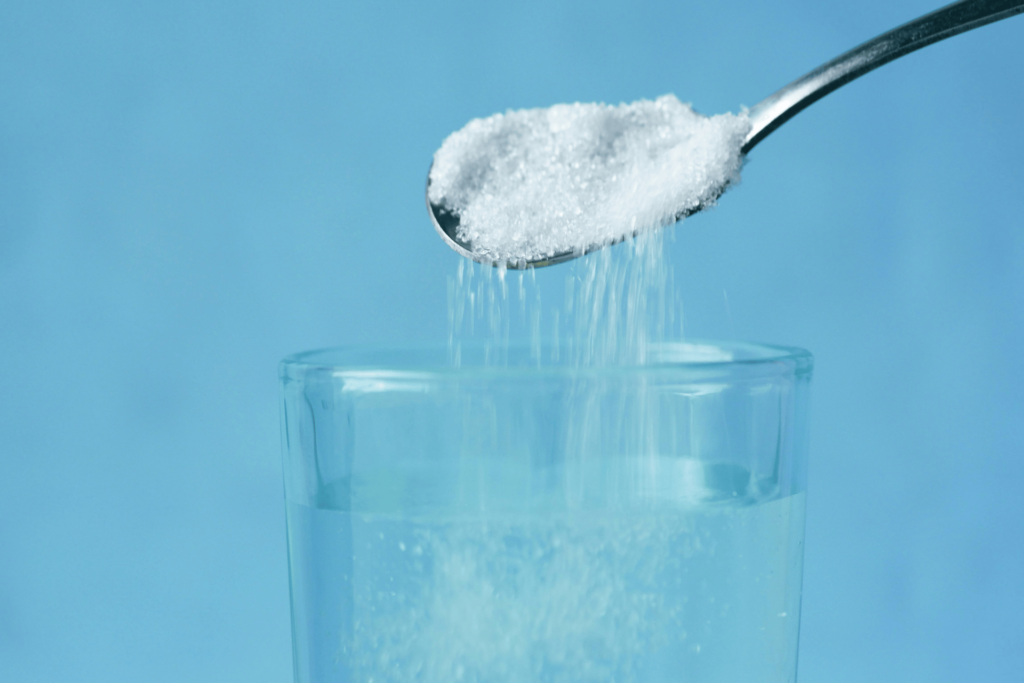
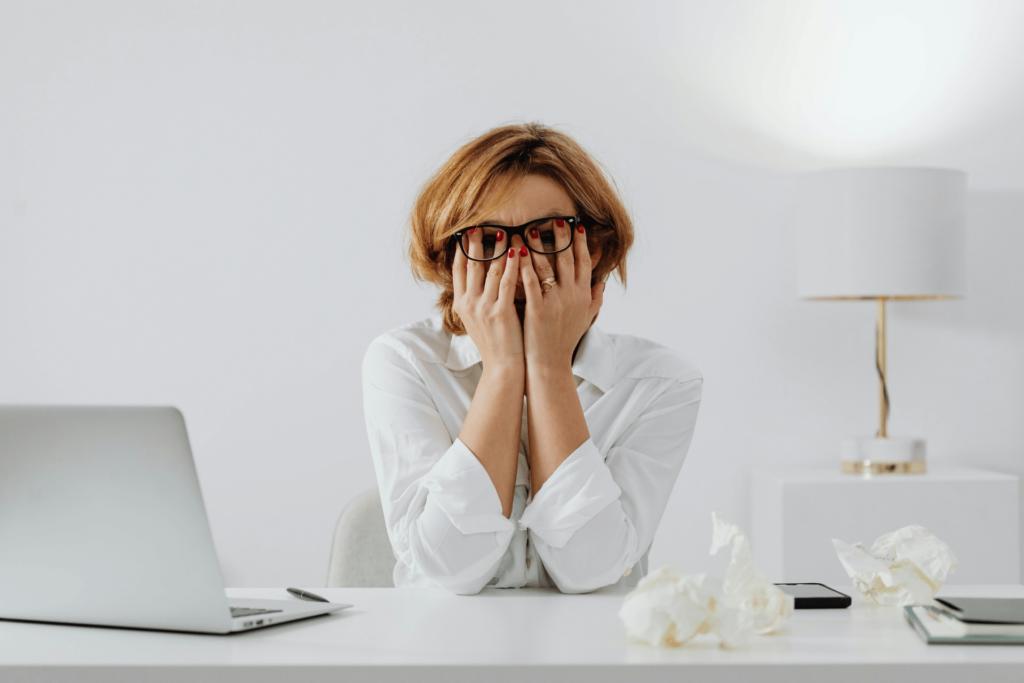
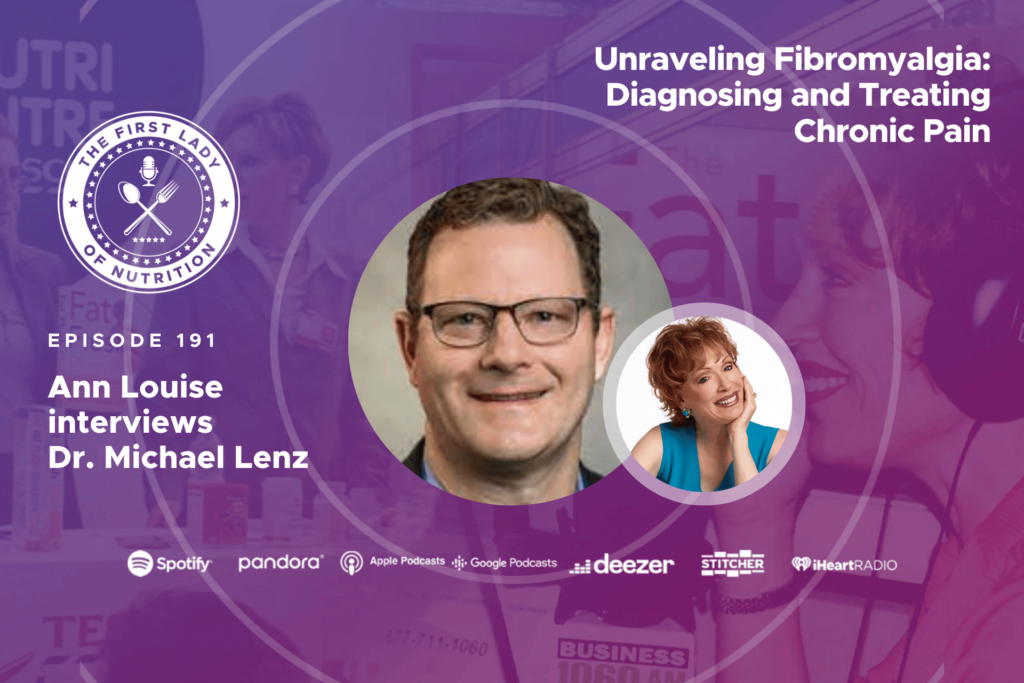


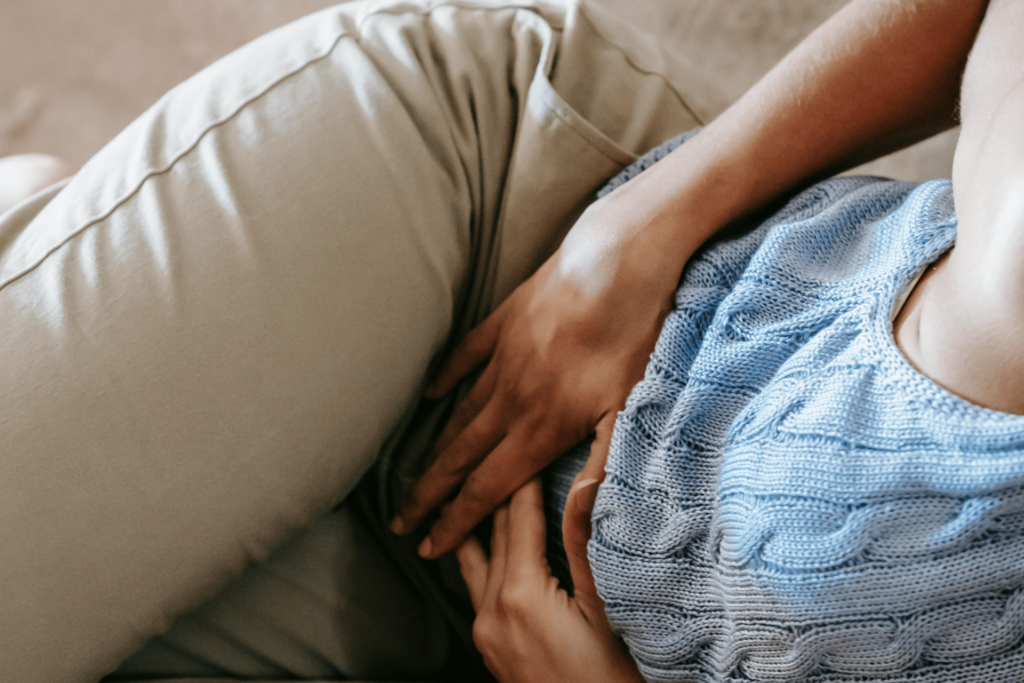
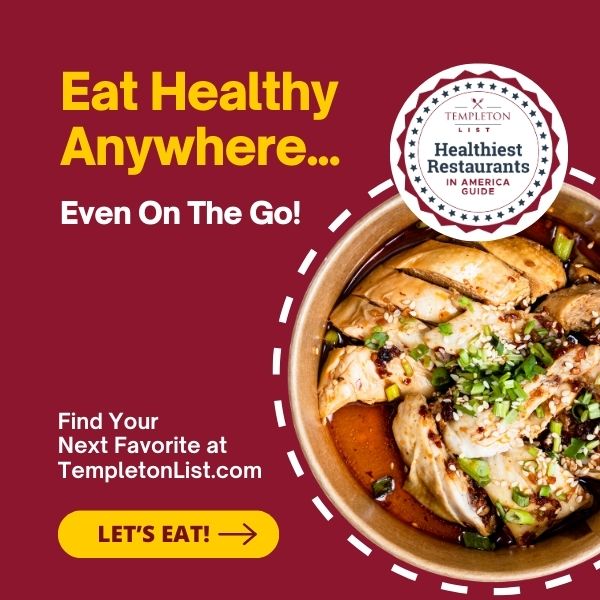
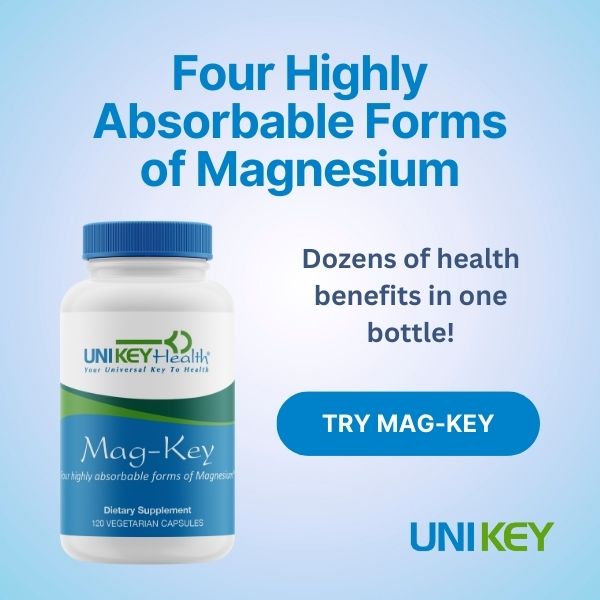
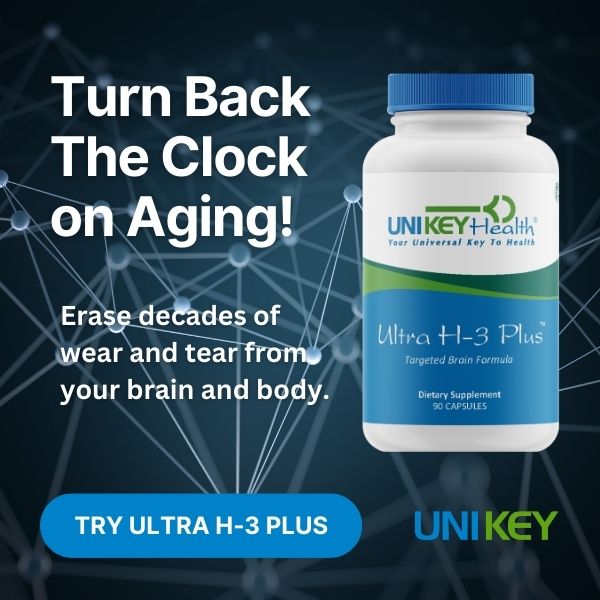
16 Responses
Excellent information EXCEPT for one SERIOUS ERROR. The ratio of calcium to magnesium can be 1:1 or 2:1, BUT you have written the ratio of MAGNESIUM to calcium as 2:1. This would be an error. Nature’s balance of calcium to magnesium is 5:1; however, in today’s environment, I would agree that close to 1:1 is appropriate but NOT more calcium than magnesium.
Dear Carol,
The ratio of magnesium to calcium (2:1 or 1:1) is the preferred ratio, not the other way around. Our bodies naturally store calcium, that is true -but not so with magnesium, which is why there are plentiful “natural” sources of magnesium that abound in the environment especially in the form of green leafy veggies. Trouble is, magnesium intake these days does not keep up with the amount of magnesium we lose through stress.
In addition, the ground-breaking work of Dr. Mildred Selig confirms everything that I say and have believed for twenty years.
I’m wondering if I can successfully get off thyroid hormone replacement…first Armour, now Synthroid…for hypothyroidism. In June, I noted my TSH was in the hyper range. Had severe diarhea and learned this was the reason. Lowered the meds and diarhea disappeared. Now I’m taking the lowest dose and the diarhea is back making me think that my thyroid might be telling me I don’t need the meds any more. I’ve had a colonoscopy and all is well. Do you think my holistic approach has helped strengthen my thyroid and that I can free myself of any further meds?
Your doctor will have to make that call, Jan. I would share all your symptoms with him/her and make a decision together
Sounds like you may have brought your Thyroid back on line. You may need to continue being sensitive to your body’s needs to find the delicate balance.
The performance of your Thyroid also depends on your body’s Iodine levels, so if you still have symptoms of low thyroid you may want to explore this area.
Anna,I’ve order your Creme de la Femme cream,i was shocked the formulated is with mineral oil, paraffin, ceresin and petrolatum I don’t thank this is good.
Is Strontium necessary to prevent ostepororis if I already have osteopenia?
What do I need besides Calcium and Magnesium and Vitamin D?
My doctor is concerned because my Vitamin D level came back very high and she wants me to cut back.
I was getting 4,000 mg of Vitamin D in my multi and another 2,000 mg in the bone supplement I was taking.
I can not tolerate the prescriptions such as Fosamax? Thanks!
Dorothy: The Creme de la Femme cream has been carried by UNI KEY for years. I am aware of the ingredients but when UNI KEY replaced it with something more “acceptable.” their female customers demanded the original back.
JudY: I cannot say what you need unless you test your minerals. You are a perfect candidate for the TMA test offered on this site, to tell you the truth. VERY often, I see major deficiencies of manganese and excess selenium in osteopenia. So, test and then you will know for sure.
Strontium and Vitamin K-2 can be helpful bone builders but don’t hold a candle to manganese – as far as I can assess.
Anna Louise: Years ago in the 1980’s early to mid. you had a slim cookbook out of healthy recipes. I have lost my book through my various moves and you had a recipe in it for Bran Muffins. They were the best I have every tasted and many other people said the same thing. They had the bran, honey, raisans and wheat flour and whatever else.
I hope you can help me. I am such a fan of yours and love the information you relate to us.
Thanks again
Gwen Rienti
Gwen: Am out of office but will look up the recipe; it was simply the best bran muffins, ever. I agree.
Thanks, Fatima for your kind words.
I appreciate everybody’s interest and thoughtfulness and hope you understand that with over 500 e-mails a day, I cannot answer each and every one of your queries in detail.
Have a great Tuesday!
Kudos to you Ann, for being among the few who get the calcium magnesium ratio correct. I don’t think people take into consideration our calcium rich diets and water. I have always taught my children to supplement whatever formula they are on, with extra magnesium if necessary. Years ago, my brother in law was suffering with muscle cramps quite a bit. As soon as he started supplementing with the proper ratio, upon the advice of a wise nutritionist in his area, all was well.
You are more than welcomed:) I also meant to thank you for the excellent info you provide us with which I look forward to.
Hi,A L G
I need help realy bad,my son has so many foodallergy it hard to avoid the foods he is allergy to,can you please help,i’ve tryed everything. Dorothy
Dorothy: I often find that kids who are very allergic are also wormy (bet you didn’t think I would say that, right?) So….I would suggest that you get a hold of ZYMEX II (Uni Key sells it if you can’t get it elsewhere) and give your son two, twice per day between meals. You can open up the capsules and put the contents in unsweetened applesauce. Good luck.
I have had the Ferritin test and it reads level 4. I have had a colon test and I am fine. What could I do to raise these numbers?
Dear Friends:
I would love to answer each and every single one of your queries, as I have done to the best of my ability, in the past. The popularity of this Blog has grown to the extent that I can no longer provide that service but I am in the planning stages of an Internet – TV show where you can call in and get those questions answered by me in person! Please stay tuned for this exciting development. I first must complete a new manuscript and then will make some exciting announcements. In the interim, may I suggest that if you have questions about products, call UNI KEY at 1-800-888-4353. The folks there are helpful and will direct you accordingly. If you are concerned about a particular health condition, then by all means check out the Testing Kits on my site which will help you to determine underlying causes. Please don’t let this dissuade you from posting. Thank you so much for your enthusiasm and interest!